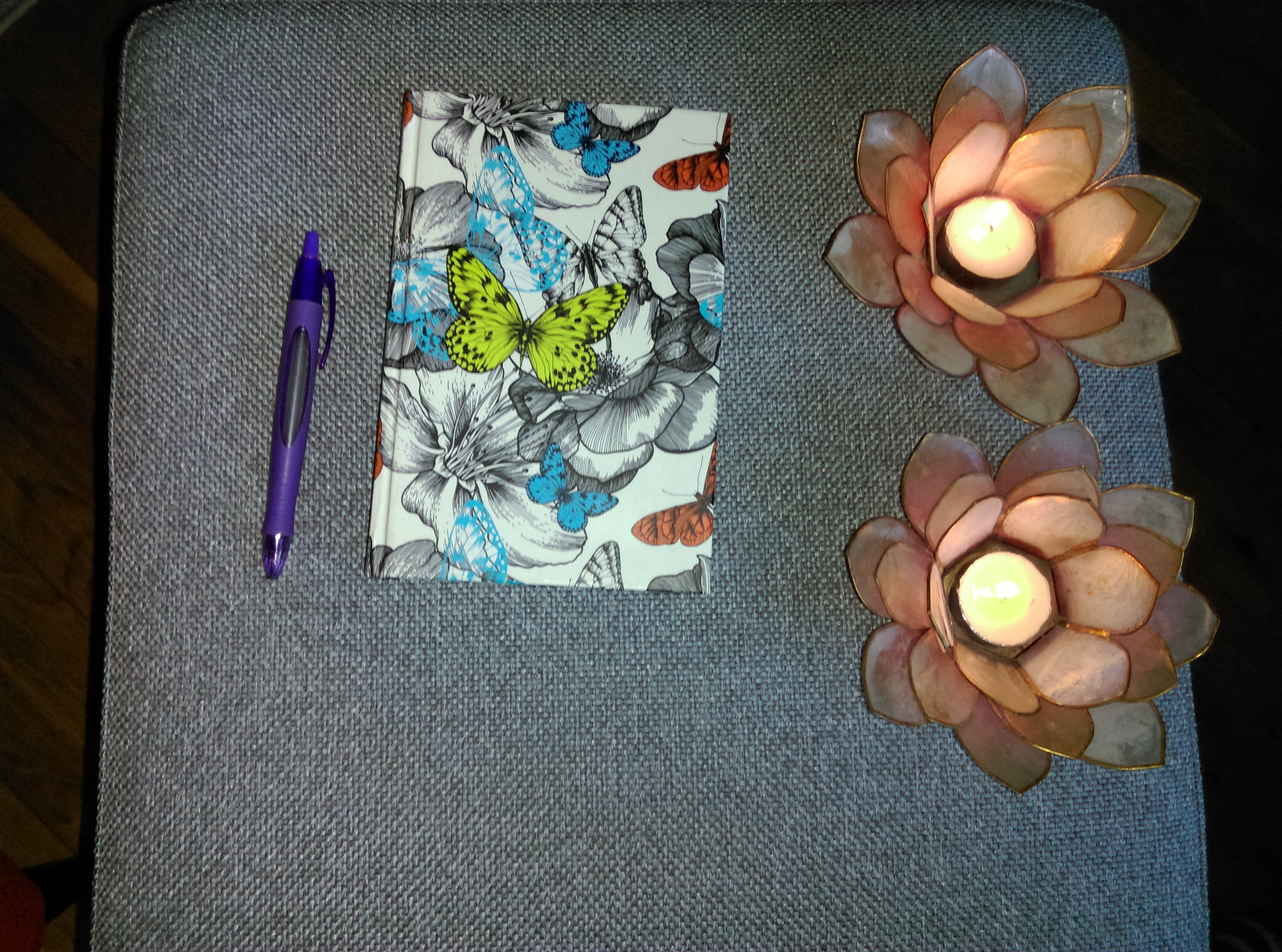Last week I wrote about the difference between selfconfidence and and self-esteem – which are two different concepts – though connected I promissed that I would bring you one of the methods of building up your self confidence in order to get coser to a better self-esteem.
Patience
Please note that it is utmost important that you are patient with yourself and ready to work hard. The fundament of a bad self-esteem is very often established in your childhood. In our childhood, we really believe that everything our parents say or do are correct – both good and bad. These kind of (negative) convictions are very difficult to get rid of. Sometimes, only tiny actions or words from your parents have given you the idea that you are worth nothing.
Therefore, the tool I would like to present for you is only part of the puzzle, which needs to get assembled in order to show the entre YOU. By using this tools, it is possible to discover the areas on which you are selfconfident – and which areas you have a possibility of gaining self-confidence.
The decision
At first you decide that you want to focus on this task for the next three weeks. This doesn’t mean that you need to go on holiday or cancel all appointsments of your calendar. But you do need to consciously be ready to spend time each day for the next three weeks on doing this process in order to get closer to a better self-esteem.

Week 1
On the first day you place yourself comfortably with a notebook and pen. In order to show that you are really worth something, you should buy a beautiful notebook for this purpose only.
Now you have to write a list of all the things which you KNOW for sure that you are good at.
With this purpose in mind you relax and close your eyes for 10 minutes. You decide that, when you open your eyes you know exactly what to write on the list. Notice your breath – and let your thoughts flow without inviation or rejection.
Upon these 10 minutes, you open your eyes and start writing your list.
“I am not good at anything” Well – you are wrong. It doesn’t have to be major things you are good at. Everything – and I really mean everything can be used. Here are some examples:
I am good at teaching
I am good at listening
I am good at driving a car
I am good at being a good mom/dad to my kids
I am good at singing
I am good at doing the laundry
This way, your list might be very long. This is ok. The longer – the better.
This is the list you are going to work on for the next week. You have to bring your book around everywhere. Any time, you have a little time (but at least once an hour), you read aloud the list to yourself (it is possible to read aloud by whispering without a sound to yourself). This means – eg. that if you go to the bathroom, you bring the book as well.
During the week, you might dicover other things, which you know that you are good at. If so, you just add them to your list.
Week 2
In week 2 you are to focus on stuff, which other people claim that you are good at. Stuff of which you are praised – BUT you don’t really believe is true.
“I am never praised” you might think. Well – I am sure that you are anyway. Like in week 1, it can be major as well as minor stuff.
The process of week 2 is the same as week 1. 10 minutes with a “mindfulness meditation” – after which you write everything in your notebook. The most important is that you write the statements, as if they are already true for you. As if you actually believe that you trust that they are true.
It might be a little more difficult this week – because this week you are dealing with stuff, which you don’t really trust that you are good at. Therefore, it is very important that you read the list “aloud” to yourself many times each day of this week. Make sure that you really digest all the words and allow yourself to really feel what the statements are doing to you. Repeat this proces – and you will discover that you are starting to trust more and more of the statements on the list. You are actually as good, as other people believe that you are. In fact you do deserve being praised. Everytime, you discover that now you do trust the statement, you add it to list no. 1. After transferringcopying the statements to list no. 1 you tick the statement on list 2. This way, you will be able to see how far you got.
Please do not despair, in case you are not able to tick each statement on list 2. As said, it really requires hard work and patience, and the process can be repeated as often as you like.
Uge 3
In the last week you are to focus on stuff, which you would wish to be good at. This can be anything – from being able to make pickled beetroots to flying a spacerocket.
The most important is that after a 10 minutes mindfulness meditation, you write all the statements, as if you are already good at performing them. And yes – the time perspectives might be longer here, but on the other hand, you might suddenly discover that a statement belongs on list 2 – not very far from list 1. Repeat – repeat – repeat like in week 1 and 2.
Upon the 3 weeks, you look at your results. Did you in fact manage to move some of your points up to list 2 or even 1?
Other tools
As mentioned, there are a lot of other tools, which might lead to an increased self esteem. If you wish to obtain more tools to work actively on this, my new 2 days weekend workshop might be interesting for you:
Of course, I name my new workshop:
“Do you trust your self-esteem”
The first workshop will take place on Saturday 2 June and Sunday 3 June at a special introduction price of DKK 1200 per participant. Please read more here. (English translation will follow later).














